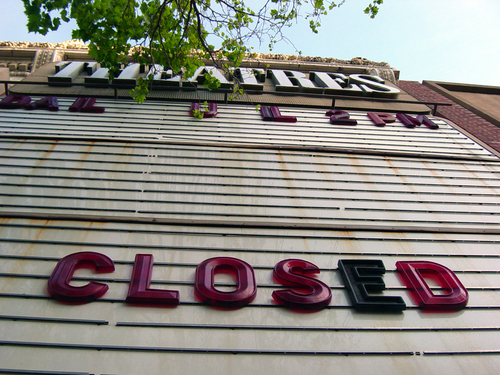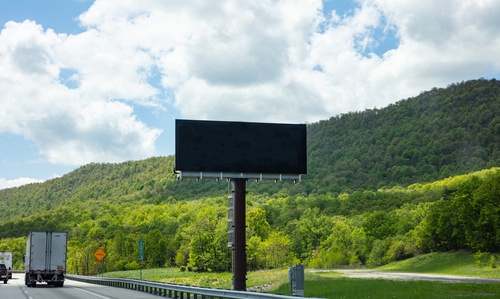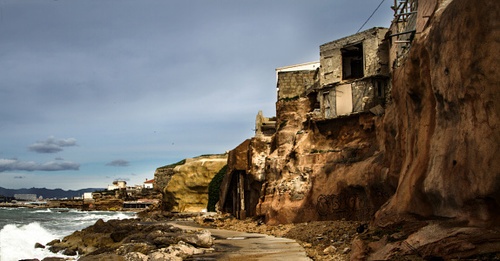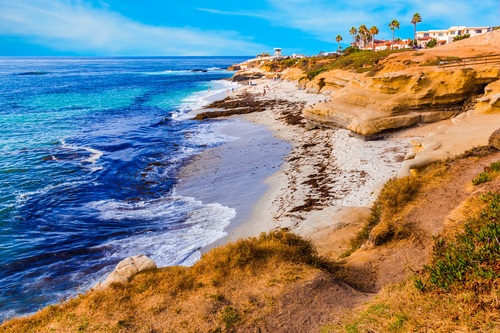Property dedication requirements and eminent domain usually don’t mix well: they make for an odd and confusing set of valuation rules. For example, if an agency seeks to condemn property to build a road through an undeveloped area, but that road would be required in order to develop the properties, how should it be valued? Under one set of eminent domain rules (the Porterville doctrine), the property subject to dedication has little value since it would have to be given up as part of any future development. Under another set of eminent domain rules (the “project influence rule” ...
The Supreme Court of the United States rarely hears anything related to eminent domain or takings cases; the Kelo decision in 2005 was the latest “big” case for our industry, although the 2019 Knick decision also made headlines. But in the last week, SCOTUS has shown a keen interest in property rights, rendering several impactful decisions – with a focus on California in particular.
We just reported on the Cedar Point Nursery decision, where the Court found that a regulation allowing unions to access private property constituted a taking. Now, the Court has issued several more ...
On June 23rd, the United States Supreme Court held that a California regulation allowing labor organizations to intermittently access agricultural employers’ property was an unconstitutional taking. The Court reversed the decision from the Ninth Circuit Court of Appeals, an outcome we predicted in our post last year about this issue. The decision is a major victory for property owners, and raises questions going forward about a public agency’s ability to regulate private property rights—particularly as it pertains to allowing temporary access …
In the City of Fresno, the Tower Theatre is a bohemian landmark, opened in 1929 as a 20th Century Fox Movie House. This year, it became public that Adventure Church was buying the theatre, which has caused tensions to rise in the community, with thousands signing a petition to save the historic theatre, weeks of demonstrations trying to prevent its use as a church, and even a pending lawsuit. The City attempted to defuse the situation by offering Adventure Church an alternative location, which also backfired. So what’s next? The City may be considering using eminent domain to prevent ...
When is a lease termination triggered by eminent domain versus by contract? The case of Media v. City of San Diego, 2021 U.S. Dist. LEXIS 103728 addressed this question and concluded that the lease termination was only a product of the lease naturally terminating, not the governmental acquisition of the underlying property. This opinion raises questions regarding the future of loss of goodwill and furniture, fixtures, and equipment (FF&E) for short-term tenants.
Background
A billboard owner had been leasing property to display the billboard for many years when it was converted to a ...
Throughout the United States, old railroad corridors are being abandoned and converted into other uses, such as hiking, biking or other trail purposes. This converted use makes sense, as it is difficult to otherwise compile a long stretch of right-of-way that would be needed to create such trails. But are adjacent property owners entitled to some sort of just compensation when this conversion takes place? The answer is maybe.
Before a railroad operator can abandon its right-of-way, it must first secure approvals by the Surface Transportation Board. When that abandonment process ...
In 1994, the U.S. Supreme Court issued its decision in Dolan v. City of Tigard, 512 U.S. 374, holding that in order for a dedication or exaction to pass constitutional muster, in addition to establishing an “essential nexus” between a legitimate state interest and the permit condition, the condition must be roughly proportional to the impact of the proposed development. More than two decades later, the County of El Dorado adopted Measure E. Under Measure E, instead of allowing a developer to pay their fair share toward traffic improvements through a traffic impact fee program, a ...
For those of you who missed our recent webinar, "Living on the Edge: Managing Sea Level Rise in California", you can find a recording of the event posted on our website. My colleagues Ben Rubin and John Erskine provided a great overview of ways to protect existing infrastructure and private property through coastal resiliency, what the models and data are suggesting on the future of sea level rise and the status of pending sea level rise legislation in California. I covered risks and possible solutions for public agencies and property owners, with a focus on how Coastal Commission and ...
With the recent flurry of coastal law bills before the California State Legislature and the myriad headlines advising that we must retreat from the shore, sea level rise (SLR) and related climate change topics remain front and center in California. Join our Water Industry Group on May 27, 2021 from 11:00 a.m. to 12:00 p.m. PT for "Living on the Edge: Managing Sea Level Rise in California" as we sort through the pending legislation and discuss the basis for this ever-increasing concern with the encroaching ocean.
Comprised of attorneys from Nossaman’s Water, Environment & Land Use and ...
Please join us on May 6, 2021 from 11:00 a.m. to 12:30 p.m. PT as Nossaman’s Coastal Development and Environment & Land Use Groups present “Charting a Course for Offshore Wind Energy in California” to discuss current proposals and pending regulations concerning offshore wind development along the California coast.
We will be participating on a top tier panel of coastal specialists which will also include: Kate Huckelbridge, Deputy Director of Energy, Ocean Resources & Federal Consistency, CA Coastal Commission; Jennifer Lucchesi, Executive Officer, State Lands ...
Eminent Domain Report is a one-stop resource for everything new and noteworthy in eminent domain. We cover all aspects of eminent domain, including condemnation, inverse condemnation and regulatory takings. We also keep track of current cases, project announcements, budget issues, legislative reform efforts and report on all major eminent domain conferences and seminars in the United States.
Stay Connected
 RSS Feed
RSS Feed
Categories
- Administration
- Appraisal
- California
- CLIMATE CHANGE
- CONGRESS
- Construction
- Court Decisions
- EPA
- Events
- Goodwill
- GOVERNMENT ADMINISTRATION
- Inverse Condemnation & Regulatory Takings
- Lawsuit
- New Legislation
- Possession
- Projects
- Public Agency Law
- Publications
- Redevelopment
- Regulatory Reform and Proposed Rules
- Right to Take
- Right-of-Way
- Seminars
- Speaking Engagements and Presentations
- trial
- Valuation
- Videos
- Water









